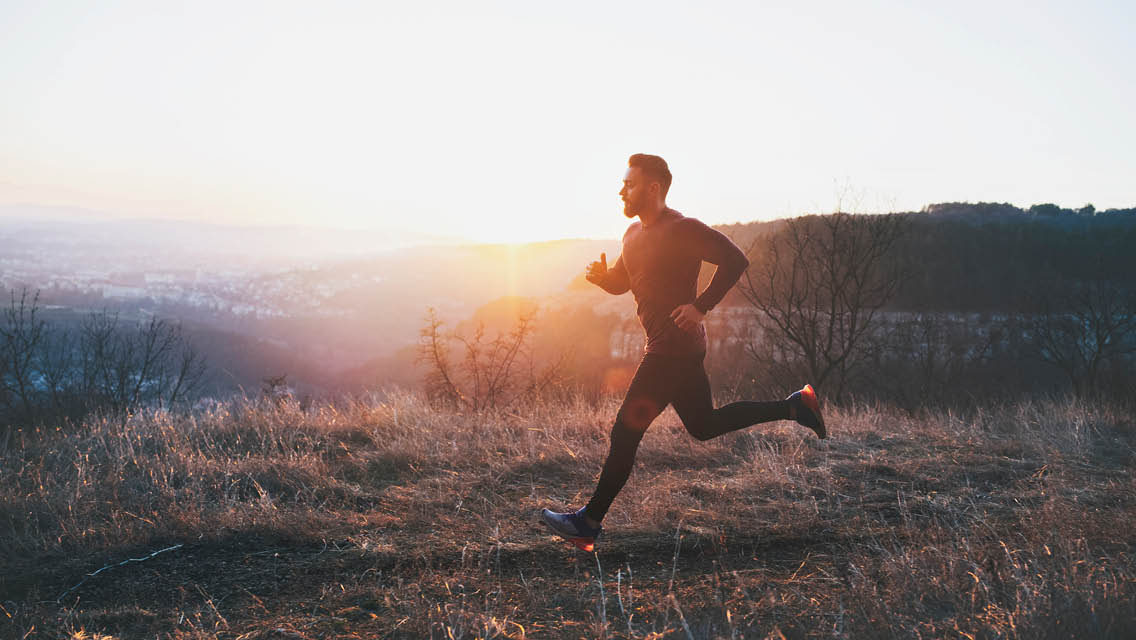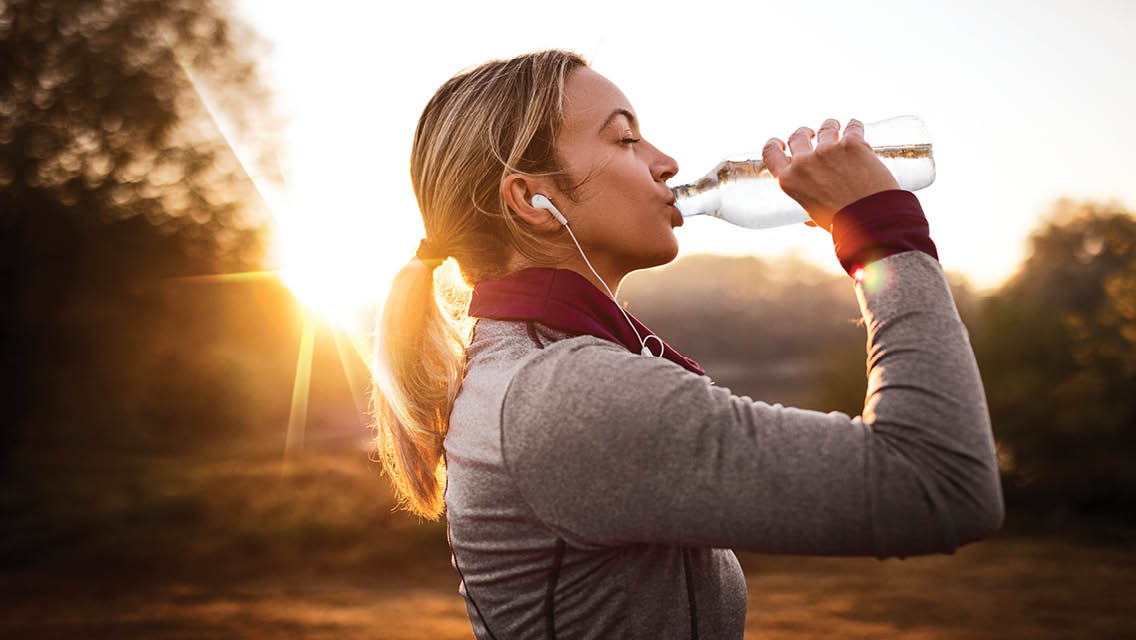The short answer is that poor air quality may not actually negate the benefits of exercise, but it almost certainly impacts your training by undermining performance.
The long answer? Well, research on this topic is still developing. A meta-analysis of 25 studies, published in Preventive Medicine in 2020, concluded that moderate or intense exercise on high-air-pollution days may actually counteract the short-term negative effects of air pollution in healthy people (though not in more-vulnerable groups).
Paradoxically, low-intensity exercise amplifies these risks for everyone — and especially for those with preexisting conditions, such as chronic obstructive pulmonary disease (COPD). The researchers noted, however, that the studies examined were done under variable conditions and produced inconsistent results.
A systematic review published in the International Journal of Environmental Research and Public Health, of seven studies that looked at the impact of heart health and exercising in air pollution, concluded that “the beneficial effects of outdoor PA [physical activity] are reduced when the exercise/PA is performed in an outdoor polluted environment.”
A combination of increased inflammation and an inability to perform your best “would make trying to train ‘well’ a waste of effort, in my opinion,” says Kriegler. “Some inflammation created from a proper training stimulus is good, but potentially toxic inflammation has virtually zero upside.”
Another study concluded that high amounts of exercise in highly polluted environments is harmful for heart health, though maintaining regular physical activity outside on low- or moderate-air-quality days was more beneficial than decreasing physical activity.
Despite the as-yet-inconclusive science, it’s likely that you might not feel on top of your game if you’re working out on a high-pollution day — and that’s a critical consideration during training.
A combination of increased inflammation and an inability to perform your best “would make trying to train ‘well’ a waste of effort, in my opinion,” says Paul Kriegler, RD, CPT, director of nutrition product development at Life Time. “Some inflammation created from a proper training stimulus is good, but potentially toxic inflammation has virtually zero upside.”
Poor air quality will certainly affect your workout, he argues. Polluted air impairs your oxygen uptake, or VO2 max (an objective measure of the volume of oxygen that your body can utilize at any one time), so exercise may feel harder than normal.
As a result, you may find that it’s more difficult to hit the speed or intensity you’re aiming for, and you may notice your heart rate is higher than normal. In the short term, he says, you might experience headaches, fatigue, cough, itchy eyes, and excess mucus production after the training session.
Go Deeper
In the past, thunderstorms, heat waves, or snowstorms may have derailed your plans for training outdoors. Now there’s another environmental scourge to add to that list: poor air quality. To learn more about exercising outdoors, including tips on how to protect yourself, refer to the full article “Is It Safe to Exercise Outdoors When the Air Quality Is Bad?,” from which this article was excerpted.





This Post Has 0 Comments